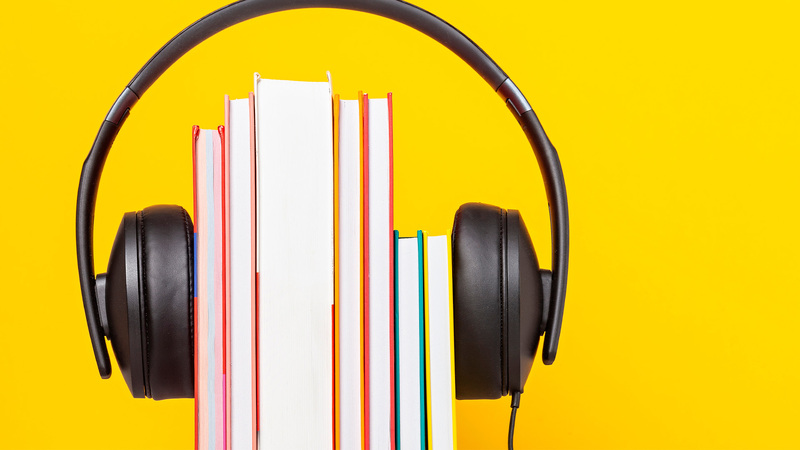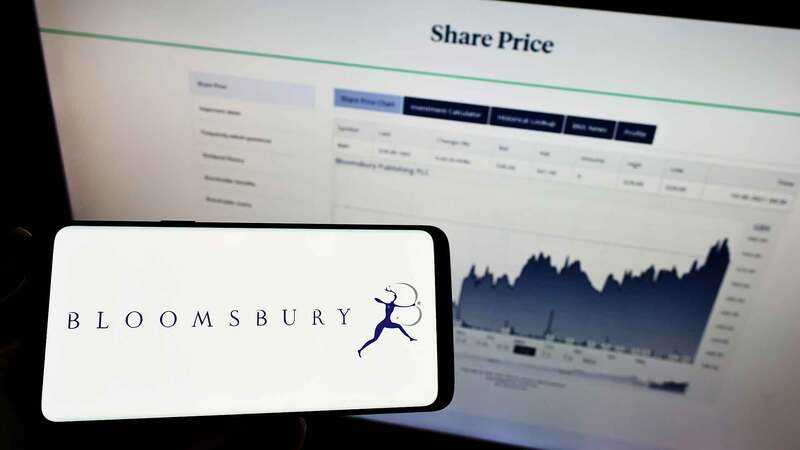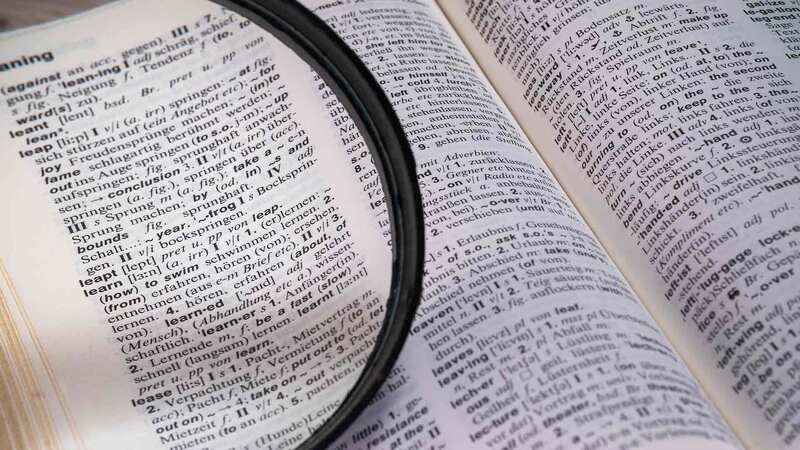You are viewing your 1 free article this month. Login to read more articles.
Tamblyn takes to Twitter to give his views on Amazon
Kobo’s president has taken to Twitter to write about why indie authors should beware of Amazon’s supplier negotiation tactics.
Michael Tamblyn, president and chief content officer of the Canada-based e-book company, took to social media today (17th October) to warn self-published authors in 32 tweets about trusting and defending the company’s largest competitor – Amazon – in its fall-out over terms with Hachette.
Tambyn tweeted that there had been “lots of coverage” of the dispute already and that there was “not much I can add except this on particular line of thought” which he wanted to express now rather than “waiting for a podium”.
Tamblyn proceeded to give 32 “short notes” on Amazon, Hachette and IndyAuthors, arguing in 32 tweets why after whittling “The Big New York” publishers down on terms, the e-tailing giant would then turn on mid-sized publishers, before academic presses, literary presses and self-published authors to maximize profit.
He said: “Indie authors take note: Amazon is, among other things, a machine designed to optimize product prices in order to gain share and sales…like every retailer that reaches a certain size, turns to its suppliers to grow profitability by demanding more favourable terms.” He continued: “Defense of Amazon by indie authors makes sense on one level. For them, AMZN is the well-spring, where the self-pub revolution started. But it seems like self-published authors believe they are protected somehow - that what is happening to Hachette won’t happen to them…In the long run, I don’t think that Amazon makes a big distinction between a publisher and an indy author - they are both suppliers.”
The former bookseller, who has been with Kobo since its inception, said that Hachette was “first” on Amazon’s negotiation list “because one negotiation with a big publisher makes a lot of bestselling books more profitable. That’s efficient.” However, he warned: “I don’t think anyone believes that AMZN will stop with Hachette. With a successful conclusion, all pubs will go through the same thing.”
Self-published authors who get most of their sales through Amazon’s KDP platform were most vulnerable to aggressive negotiation tactics, Tamblyn said. “The indie author’s situation is most tenuous of all. If >80% of sales come from AMZN, *no leverage when it’s your turn to be 'optimized'. An indie author, like any publisher, can take her books away if in conflict with AMZN. But it hurts the author *way more than Amazon.”
He said that even though indie authors are penalised through lower author royalty repayments if they set their e-book prices to high, low prices for KDP books didn’t keep their livelihoods safe. “If indie authors are 20% of AMZN’s total sales, then it’s hard to imagine that indie authors aren’t on that list to be improved,” Tamblyn said. “The mechanisms for the AMZN squeeze are in place, agreements allow it. Self-pub inclusion in Select, Unlimited, KOLL are early examples… The litmus test for an indie author: could your income survive a conflict with Amazon? If not, it’s worth thinking about how you could.”
Finally, Tamblyn invoked the famous statement by Martin Niemoller about the cowardice of German intellectuals in the face of the Nazi’s rise to power, which begins “First they came for the socialists and I did not speak…” He tweeted: “First they came for the big New York publishers, but I wasn’t published by a big New York Publisher…Then they came for the mid-sized publishers, but I wasn’t published by a mid-sized publisher...Then they came for the academic presses...Then they came for the literary presses...Then they came for me."
Kobo also has a self-published platform called Writing Life.



















